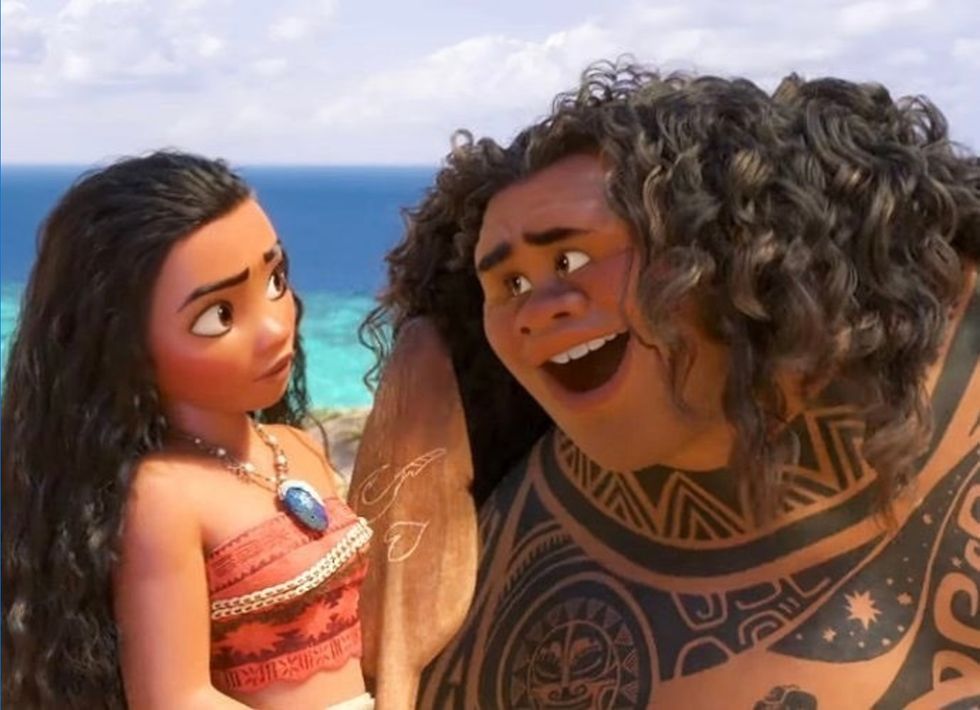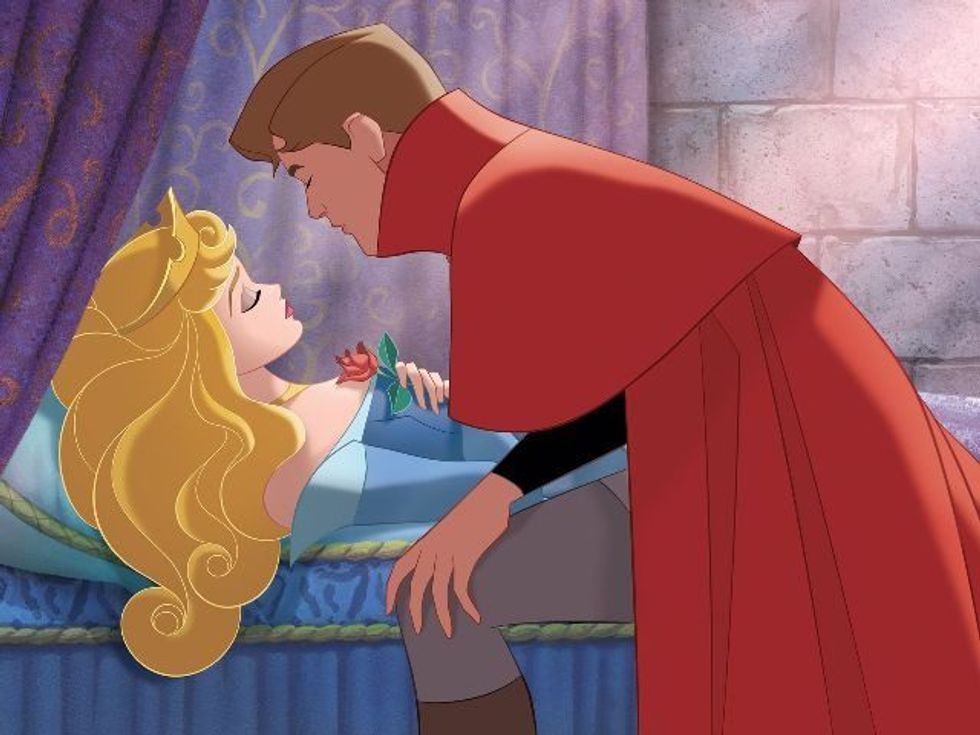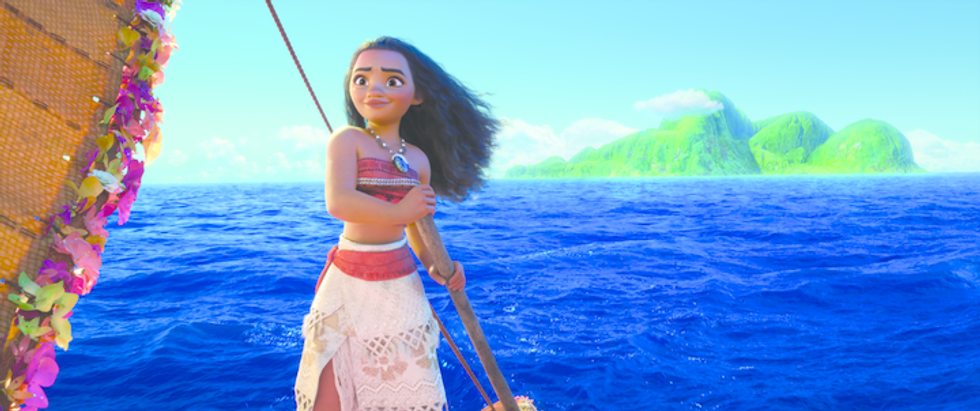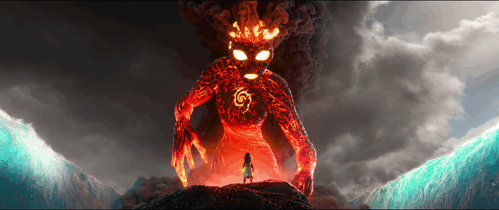Once upon a time, in a faraway land, there was a princess. She was waiting. Waiting for something; someone. She was waiting for her knight in shining armor, a prince, to come and rescue her; to get her out of the trouble she somehow found herself in, because frankly, she couldn’t do it on her own. She waits for that man (because it always has to be a man) to come and when he does, he makes all the trouble go away. He, ultimately, saves her.
Then comes the ending, they live happily ever after.
That’s how the story goes, right? The fairy tale we tell young girls over and over again. The princess movies that we see day in and day out.
As much as I love these movies, they do a great injustice to women. By creating these movies, like "Sleeping Beauty" or "Cinderella," and telling these fairy tales to young girls, for instance, "Little Red Riding Hood," it teaches girls that they can accomplish nothing without a man, they cannot fight their own battles, they have to wait until a man comes along and once they do, everything will be better.
We are teaching girls from a very young age that they are incapable and that they must fall to men because they have the power to get done what needs to get done.
Now, one might think that this doesn’t apply to today’s fairy tales because we live in a world where gender equality is being fought for, which is amazing, and to some extent true. The princess movies are stepping away from the blonde hair, blue eyed, white princesses and including all ethnicities, like "The Princess and the Frog," and more recently, "Moana."
However, the prince-saving-princess story hasn’t changed, which remains a huge issue for the girls growing up today. "Moana," released in 2016 by Walt Disney Animation Studios and Walt Disney Pictures, depicts a young Hawaiian girl, learning the ins and outs of her people because she’s in line to take over as the leader - not the princess, but the leader.
Upon learning this detail, which they emphasized in the movie, I nodded my head in approval. The writers were very careful to avoid placing the title "princess" onto a young girl but instead placed the title "leader" onto her, which gives the impression that Moana is a woman and she is in charge. I applauded that strategic move and expected that mindset to drive the rest of the movie, but, with my dismay, I was poorly mistaken.
It’s perceived that Moana is out at sea all on her own, fighting the elements, learning how to sail along the way, and in the end, make it to her destination, rather by accident. By taking a closer look, however, she is never really alone and only makes it to her destination, the deserted island that Maui is on, with the help from the ocean. If the ocean wasn’t there for her, if it didn’t guide her or protect her, would she have been able to accomplish the task?
The male protagonist that Disney chose to represent is nothing less than surprising. Not only is Maui the stereotypical big, strong, muscular, handsome male, but he’s a demigod, for crying out loud. Moana gets to be perceived as a leader in training, but Maui gets to be a demigod. I thought this story was about how Moana saves her village? In the end, it does seem that way, but of course, not without the help from the demigod.
Toward the end of the movie, I started to root for Moana again when, after the first attempt to get past Te Kā, the fiery monster, fails, she accomplishes getting past the monster on her own, without the help from her demigod friend. But of course, Disney can’t let Moana defeat Te Kā completely on her own, so they send Maui back in.
Ultimately, it was Moana who defeated Te Kā, not through physical power, but through brain power, which Maui had nothing to do with. My problem here is, why include him at all? Before Moana figured out a way to defeat Te Kā with her mind, Maui took care of all the physical fighting; he protected Moana from getting killed by Te Kā.
In the end, "Moana," the story of a leader saving her village, turned sour in my mouth because she couldn’t do it without the help from the ocean, and more importantly, the demigod.
I’m glad to see diversity within the "princess" movies, but it kills me to witness the entertainment industry still trying to figure out a way to portray woman as warriors, not opposed to men, but in addition to men.




















